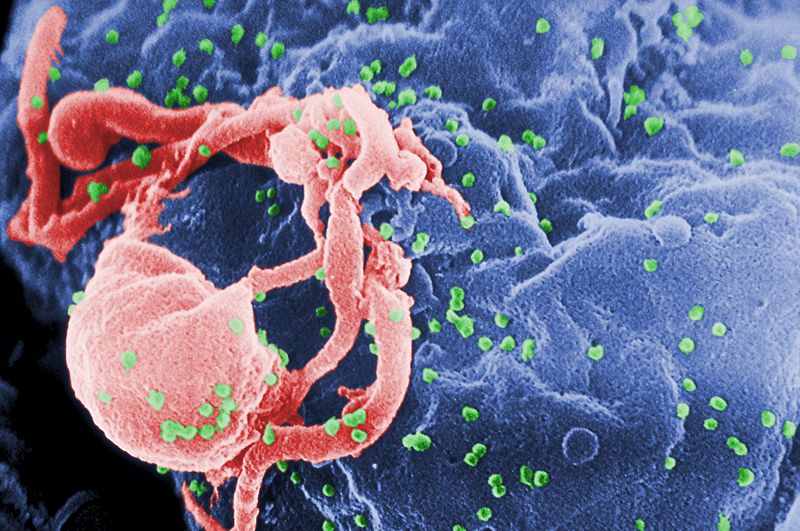A host of previously-unknown gut viruses contribute to the onset of AIDS, new research has revealed.
In both monkeys and humans, damage to the gastrointestinal tract is common and this contributes to activation of the immune system, progressive immune deficiency and ultimately advanced AIDS.
Previously it was not known how this damage occurred. Now researchers at the Harvard Medical Centre at the Beth Israel Deaconess Medical centre in Boston may have found the source.
 The researchers used a gene sequencing method to obtain genetic sequences for everything in the gastrointestinal tract, from bacteria to viruses and other organisms.
The researchers used a gene sequencing method to obtain genetic sequences for everything in the gastrointestinal tract, from bacteria to viruses and other organisms.
Compared with healthy monkeys, the faeces of monkeys with SIV-induced AIDS (SIV is the monkey equivalent of HIV), contained a large number of previously undescribed viruses.
These, the scientists suspect, may be contributing to the progression of AIDS in monkeys.
Their compromised immune systems, the team speculate, might increase the prevalence of the viruses to start with.
This, in turn, leads to greater damage to the wall of the intestine, allowing other potential pathogens and inflammatory material to enter the bloodstream where it stimulates the immune system. Paradoxically, this also has the side-effect of promoting the replication of SIV, causing accelerated loss of immune cells and accelerating the rate at which AIDS, when the immune system finally fails, sets in.
The work was published in
Cell.










Comments
Add a comment